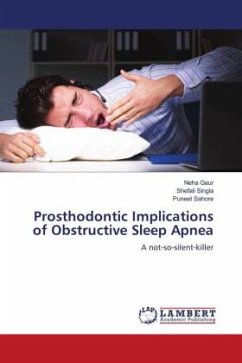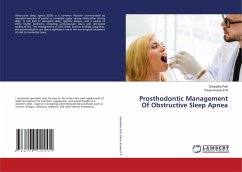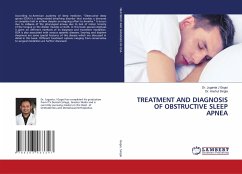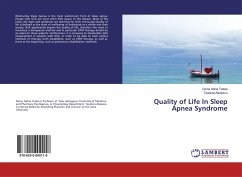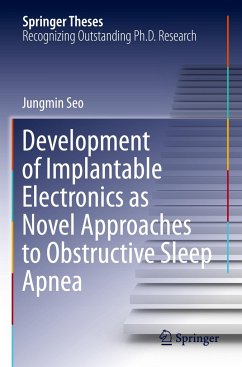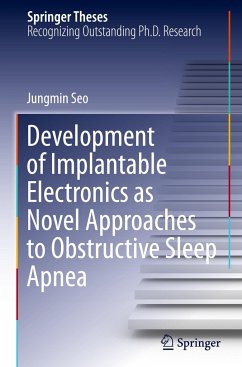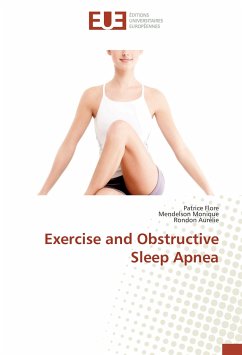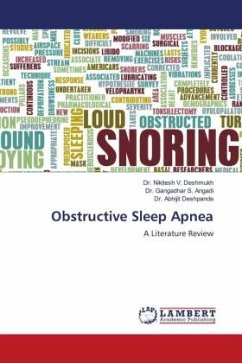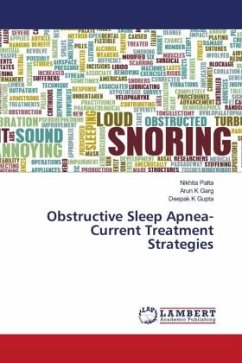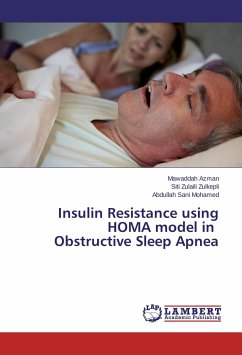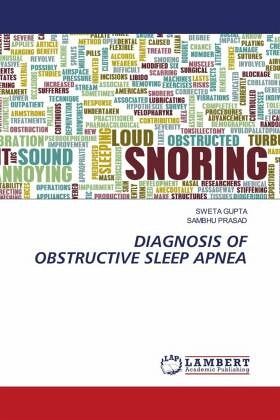
DIAGNOSIS OF OBSTRUCTIVE SLEEP APNEA
Versandkostenfrei!
Versandfertig in 6-10 Tagen
29,99 €
inkl. MwSt.

PAYBACK Punkte
15 °P sammeln!
Sleep-disordered breathing (SDB) can be described as a spectrum of abnormal breathing during sleep that may range from primary snoring to hypopneas to periods of obstructive sleep apnea (OSA), during which there is complete cessation of breathing.Cessation of breathing for ten seconds or longer are termed apneas. It involves a decrease or complete halt in airflow despite an ongoing effort to breathe. It occurs when the muscles relax during sleep, causing soft tissue in the back of the throat to collapse and block the upper airway.The brain responds to the lack of oxygen by alerting the body, c...
Sleep-disordered breathing (SDB) can be described as a spectrum of abnormal breathing during sleep that may range from primary snoring to hypopneas to periods of obstructive sleep apnea (OSA), during which there is complete cessation of breathing.Cessation of breathing for ten seconds or longer are termed apneas. It involves a decrease or complete halt in airflow despite an ongoing effort to breathe. It occurs when the muscles relax during sleep, causing soft tissue in the back of the throat to collapse and block the upper airway.The brain responds to the lack of oxygen by alerting the body, causing a brief arousal from sleep that restores normal breathing. This pattern can occur hundreds of times in one night. The result is a fragmented quality of sleep that often produces an excessive level of daytime sleepiness.Obstructive Sleep Apnea Syndrome (OSAS) is characterized by recurrent episodes of partial or complete upper airway obstructions during sleep . This manifests as a reduction (hypopnea) in or complete cessation (apnea) of airflow despite ongoing inspiratory efforts resulting in oxygen desaturations and arousals.It is the most common form of sleep- disordered breathing.



